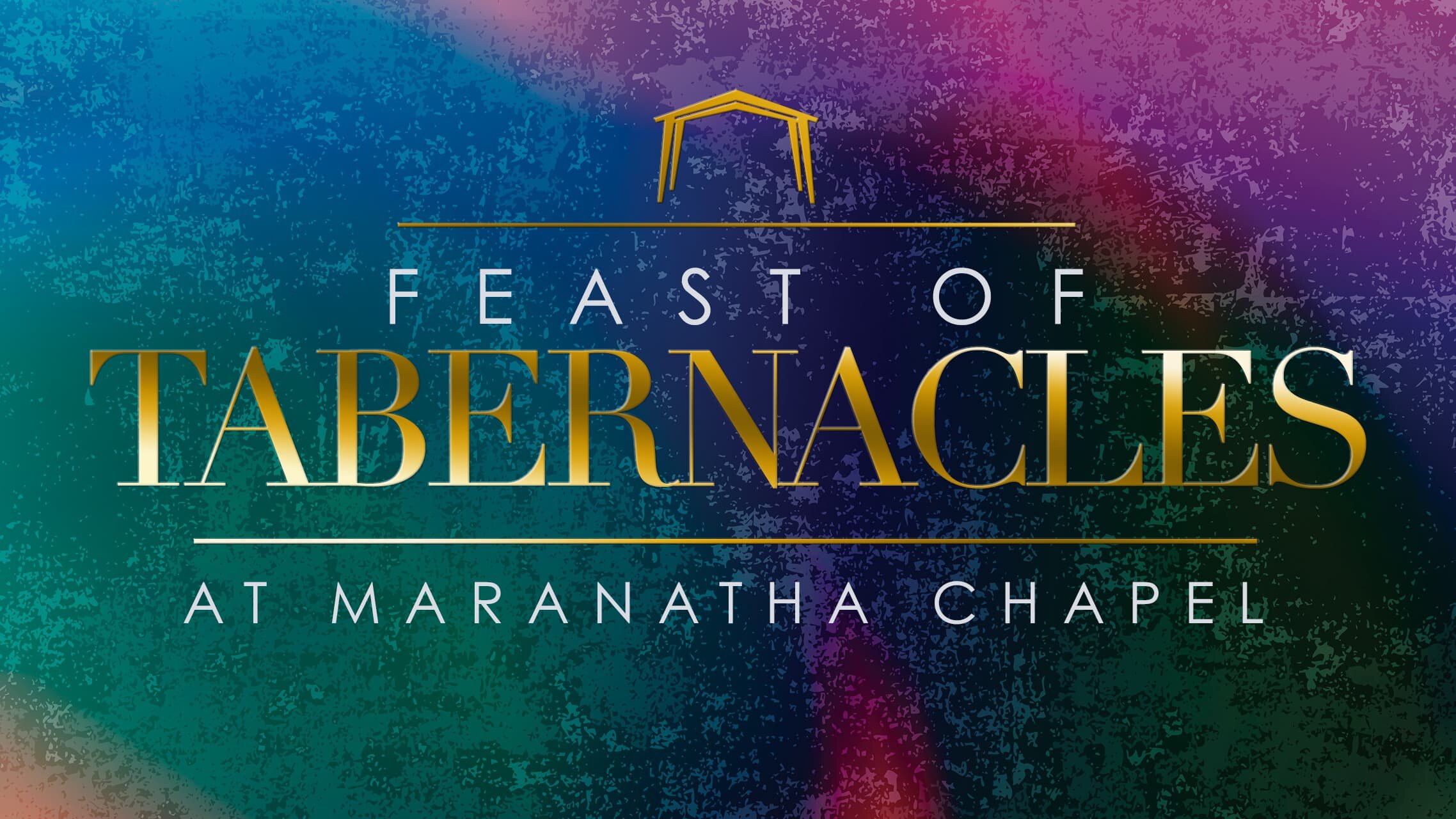The first time Jesus tabernacled among men He was a tiny baby. In His second coming, He comes in glory.
The trumpet has called us home. The Messiah returns and sits on the throne. What’s next?
God’s passionate desire has always been to dwell or tabernacle with His people—and we celebrate that! This year, the Feast of Tabernacles is observed September 20 through sundown, September 27.
The children of Israel wondered if they could be forgiven by the Lord for worshipping the golden calf—until Moses came down from the mountain again, his face shining with God’s glory. Atonement had been made. That was the first Day of Atonement, the tenth day of the month Tishri.
God had already declared His desire to tabernacle among them: “And let them make Me a sanctuary, that I may dwell among them. According to all that I show you, that is, the pattern of the tabernacle and the pattern of all its furnishings, just so you shall make it” (Exodus 25:8-9).
Now, overflowing with joy and thanksgiving, the nation gathered all the materials needed to build the tabernacle, which would house the ark of the covenant and God’s divine presence. Moses asked those with willing hearts to bring an offering; the people gave abundantly, beyond what was needed, until Moses had to ask them to stop (see Exodus 36:6–7).
Each year on Tabernacles, the fifteenth day of the seventh month, the seventh full moon of the year, devout Jews build shelters outside their homes and worship the Lord in them for seven days. They do this to remember that God tabernacled among them in the wilderness. Leviticus 23:39-40 describes the feast: “Also on the fifteenth day of the seventh month when you have gathered in the fruit of the land, you shall keep the feast of the Lord for seven days; on the first day there shall be a Sabbath-rest, and on the eighth day a Sabbath-rest. And you shall take for yourselves on the first day the fruit of beautiful trees, branches of palm trees, the boughs of leafy trees, and willows of the brook; and you shall rejoice before the Lord your God for seven days.”
God intended this feast to help future generations, “know that I made the children of Israel dwell in booths when I brought them out of the land of Egypt. I am the Lord your God” (Leviticus 23:43).
The Feast of Tabernacles is also called “The Feast of the Nations” because the priests made atonement for the seventy nations, representing all the Gentiles in the world. They sacrificed seventy bulls, one for each nation. God never changes. He wants the whole world to be saved.
Passover saw the barley harvest in the spring. Pentecost ushered in the summer harvest of wheat. The fall feasts encompassed the fruit harvests of grapes, pomegranates, and olives. This is recorded in the book of Revelation: “Thrust in your sharp sickle and gather the clusters of the vine of the earth, for her grapes are fully ripe” (14:18).
The book of Revelation is the fulfillment of the fall feasts. We cannot fully appreciate or understand Revelation without a knowledge of the fall feasts.
This harvest is both a time of judgment and of salvation. The tribulation described in the book of Revelation will be the greatest harvest of souls in history.
“After these things I looked, and behold, a great multitude which no one could number, of all nations, tribes, peoples, and tongues, standing before the throne and before the Lamb, clothed with white robes, with palm branches in their hands, and crying out with a loud voice, saying, ‘Salvation belongs to our God who sits on the throne, and to the Lamb!’” —Revelation 7:9-10
The Feast of Tabernacles is a dress rehearsal, anticipating and foreshadowing the day when the world can rejoice.
“Behold, the tabernacle of God is with men, and He will dwell with them, and they shall be His people. God Himself will be with them and be their God. And God will wipe away every tear from their eyes; there shall be no more death, nor sorrow, nor crying. There shall be no more pain, for the former things have passed away.” —Revelation 21:3-4
The first time Jesus tabernacled among men He was a tiny baby. In His second coming, He comes in glory.
“And it shall come to pass that everyone who is left of all the nations which came against Jerusalem shall go up from year to year to worship the King, the Lord of hosts, and to keep the Feast of Tabernacles” (Zechariah 14:16).
We see in the feast a prophecy of the thousand-year reign of the Messiah on earth. Now His Kingdom begins. Glorious!
The feasts are not a law for Christians. We are not obligated to observe them. But oh what we are missing! If you are invited to the dress rehearsal of a special event, you might want to attend if the practice will help you participate in a more meaningful way.
When Jesus comes again, He is coming for His bride, the church. He is planning the marriage supper of the Lamb in heaven (see Revelation 19:7–10). You don’t want to miss the dress rehearsal—especially if you are in the wedding party.

